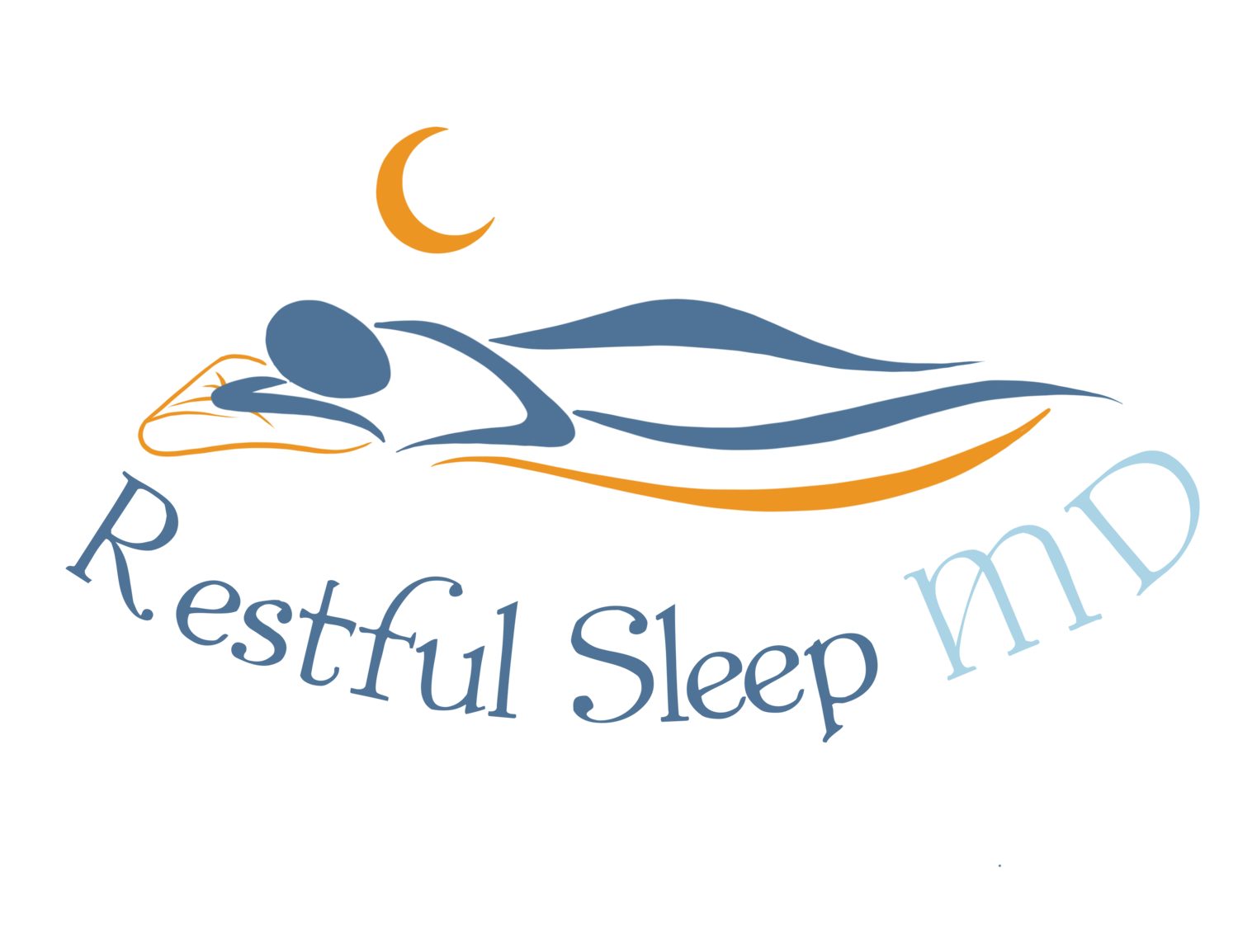Sleep Health: The Foundation of Mental Well-being
In today's fast-paced world, where productivity is often prioritized over rest, sleep deprivation has become an epidemic, silently wreaking havoc on our mental well-being. Quality sleep is a cornerstone of good physical and mental health. Yet, in our quest for success and achievement, many of us sacrifice precious hours of sleep without fully understanding the detrimental effects it can have on our minds.
The Vicious Cycle
There’s a vicious cycle between sleep and our mental health. Stress and anxiety can lead to sleepless nights, while lack of sleep worsens stress and anxiety. This toxic relationship between sleep and mental health often goes unnoticed until it reaches a breaking point. Chronic sleep deprivation has been linked to several mental health issues, including depression, anxiety disorders, bipolar disorder, and even increased suicidality.
The Science Behind Sleep
During sleep, the brain goes through processes that are critical for our learning and emotional well-being. Rapid Eye Movement (REM) sleep, in particular, plays a crucial role in processing emotions and regulating mood. Disrupting this balance through sleep deprivation can lead to emotional instability and poor mental health.
Breaking the Cycle
Here are some strategies to improve both sleep quality and your mental well-being:
1. Establish a Consistent Sleep Schedule: Aim to go to bed and wake up at the same time every day, even on weekends. This helps regulate your body's internal clock and promotes better sleep quality.
2. Create a Relaxing Bedtime Routine: Engage in calming activities before bed, such as reading, meditating, or taking a warm bath. Avoid screens and stimulating activities that can interfere with your ability to unwind.
3. Optimize Your Sleep Environment: Make your bedroom conducive to sleep by keeping it cool, dark, and quiet. Invest in a comfortable mattress and pillows to ensure proper support.
4. Limit Stimulants and Alcohol: Reduce your intake of caffeine and alcohol, especially in the hours leading up to bedtime. These substances can disrupt your sleep patterns and impair the quality of your rest.
5. Seek Professional Help: If you're struggling with persistent sleep problems or mental health issues, don't hesitate to seek help from a healthcare professional. Therapy, medication, and other interventions can provide invaluable support on your journey to better sleep and mental well-being.
In our fast-paced society, it's easy to overlook the importance of sleep in maintaining good mental health. However, the consequences of sleep deprivation are undeniable. By prioritizing sleep and adopting healthy sleep habits, we can break free from the cycle of sleeplessness and reclaim our mental health. Remember, a good night's sleep is not just a luxury—it's a fundamental necessity for thriving in life.
If you or a loved one is struggling with mental health issues or having suicidal thoughts, please don’t struggle alone. The 988 Lifeline provides 24/7, free and confidential support for people in distress, prevention and crisis resources for you or your loved ones, and best practices for professionals in the United States.


